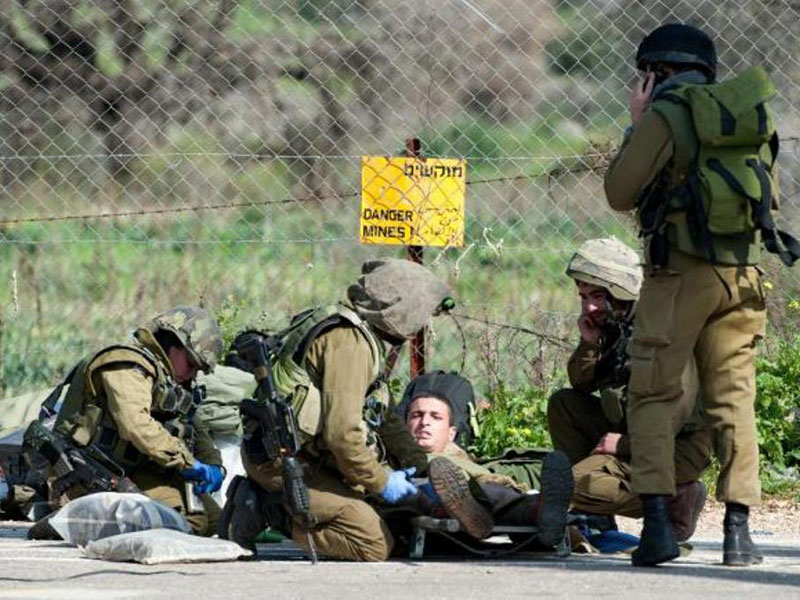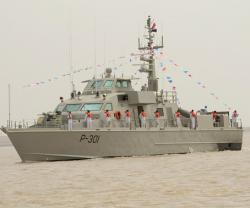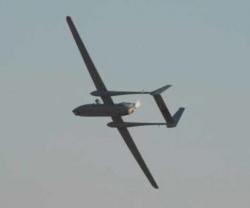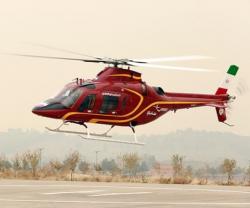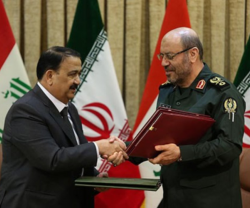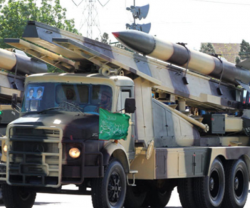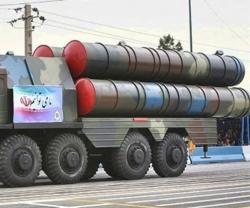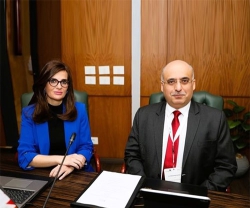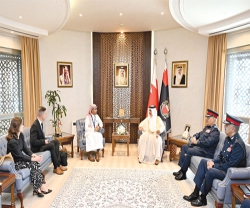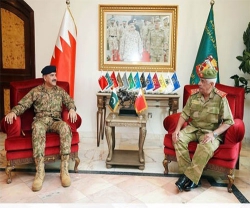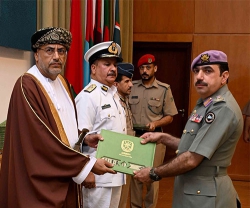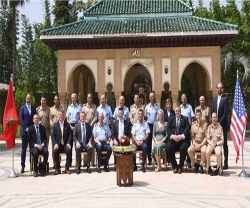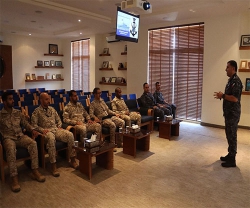Tension has been building between Hezbollah and Israel since an Israeli airstrike on Syria’s occupied Golan Heights killed a number of senior Hezbollah operatives and Mohammad Allahbadi, a Commander in Iran’s Revolutionary Guards on January 18.
At that time media focus centered on the death of Jihad Moghniyeh, the son of Hezbollah’s former military commander Imad Moghniyeh. But the death of Allahbadi arguably did more to anger Iran, Hezbollah’s main sponsors. Shortly afterwards Iran informed the United States that Israel had crossed “red lines” by killing one of its Generals and would have to “await the consequences.”
Whilst conflict in Syria in support of the Assad regime has stretched financial and military resources of Iran and Hezbollah, it has provided opportunities to infiltrate potential new fronts on the Israeli border.
Incursions into Golan over the course of 2014 have increasingly riled Israel. In the last 10 days, since the deaths of Moghniyeh and Allahbadi, Israeli attacks on Syrian artillery positions have been countered by sporadic rocket fire apparently from Assad regime controlled territory.
Phillip Smyth, a Researcher at the University of Maryland and expert on Shia’a militias, notes that as early as June 2013 Syrian President Bashar al-Assad threatened to open up a “new front” in Golan, stating that “among the Arab world there is a clear readiness to join the fight against Israel.”
Such rhetoric has come also from members of other armed groups, such as those close to the likes of Hezbollah, Iran and the Assad regime - including the PFLP - GC (Popular Front for the Liberation of Palestine - General Command), who began to appear in Golan, along with a more noticeable Hezbollah presence.
“There was a build-up in stages and they were not trying to hide it. Given the nature of the conflict in Syria and the presence too of extremist Sunni groups close to the Israeli border, it in some ways provides strong cover and an opportunity for Hezbollah and its Iranian backers to build up infrastructure in the area,” says Smyth.
Imad Salamey, a Professor of Politics at the Lebanese American University, notes that given Hezbollah’s resources are stretched across not only Lebanon, but additionally Syria and Iraq, the group appears more vulnerable to an Israeli attack than it did during 2006’s July war. This has contributed to the perception that the Sheba’a attack constituted an attempt by Hezbollah to seek retribution for events in Golan without aggravating Israel into a full-blown conflict.
“It was a calculated, limited response - a controlled operation. But whether Israel will take it as that, or choose to escalate it further, is a matter relative to regional, not local, calculations,” Salamey said.
In addition to taking advantage of Hezbollah’s perceived weakness, the desire of Israeli politicians to sabotage Iran’s nuclear talks with America has been cited as a reason the Jewish state could seek an escalation. On the flip-side Israel may not want to become involved in a protracted conflict on so close to parliamentary elections scheduled for March.
Whilst any potential damage inflicted on Hezbollah would greatly impact Iran and its interests in Iraq and Syria, in addition to Lebanon, Salamey points out that it is also possible that Iran might not perceive an escalation in wholly negative terms.
“A spread of conflict would lead to rises in the price of oil which would be financially beneficial to Iran. It could also help to loosen the pressure on the Assad regime by expanding the field of conflict. The flipside could of course be the huge damage potentially dealt to Hezbollah.”
Source: Al Arabiya

